Supporting affordable housing solutions
Newsletter

Affordable housing has been a critical issue for the community, government and construction sector for some time. The problem has been further exacerbated by the unanticipated trends in the property market seen since COVID-19.
On 17 June 2023, Prime Minister Albanese announced a new $2 billion Social Housing Accelerator to deliver thousands of new social homes across the country. This initiative follows the launch of the National Housing Accord late last year, which was designed to address the supply and affordability of housing by aligning all levels of government, institutional investors and the construction sector.
The Government kick-started this initiative with $350 million additional federal funding to deliver 10,000 affordable homes over five years from 2024. Under the Accord, state and territory governments agreed to deliver a further 10,000 affordable homes. The Commonwealth Government’s ambitious housing agenda includes increasing the maximum rate of Commonwealth Rent Assistance by 15% and expanding the Home Guarantee Scheme. It has also recently announced it is developing a 10-year National Housing and Homelessness Plan to help more Australians access affordable housing.
Last month, the NSW Government announced it was tackling the problem with a suite of incentives for developers to encourage them to include affordable housing in at least 15% of new projects valued over $75m. The incentives include fast-tracked development approvals, additional floor space and the right to exceed local area height limits by 30%.
For purchasers, the NSW scheme aims to address rising rents and falling housing approval levels – which, according to the Australian Financial Review, are on track to fall significantly short of NSW’s housing accord obligations – by providing affordable housing that is priced at 20-25% below market value. Collectively, these incentives aim to make home ownership possible for more people.
These initiatives represent significant social and political changes. The increased investment in social housing and the infusion of new, affordable homes into the market could help alleviate some of the demand pressures that have been driving up prices in recent years. As a result, we may see a small moderation in price growth, particularly in the affordable housing segment.
It's important to note that addressing housing affordability is a complex issue with various contributing factors, and the full impact of these initiatives may take time to materialise. It will be important to continue monitoring and evaluating these policies to assess their effectiveness in creating a more accessible and equitable housing market.
In delivering affordable housing solutions, the role of valuers will be critical. The valuation industry works hard to provide accurate and reliable assessments of property values, which is particularly important for both buyers and sellers in an unpredictable market. A valuer’s assessment of the fair value of affordable housing properties ensures transparency, consistency and fairness in pricing across the market.
Valuers also assess the taxable value of properties, including those designated for affordable housing. This valuation helps determine the property taxes that owners or tenants must pay, ensuring that affordable housing properties receive appropriate tax benefits or exemptions. Accurate tax assessments also contribute to the financial sustainability of affordable housing projects.
It will also be important to involve valuation firms in government and commercial feasibility studies to assess the viability of affordable housing projects. These studies consider factors such as construction costs, anticipated rental or sales income, potential financing options, and projected returns on investment. By providing accurate feasibility analyses, valuation firms can help inform decisions about value and potential risks associated with affordable housing properties. In turn, this helps to attract investment and secure financing for these projects. Reliable valuations also enhance the confidence of lenders and investors in the viability and profitability of affordable housing ventures, which helps successfully complete projects.
Opteon – supporting affordability through HOPE Housing
Opteon has helped HOPE Housing find a solution for the valuation of properties under its unique co-investment model. Independent valuations protect the interests of investors while helping essential workers purchase their home of choice.
HOPE Housing is changing the way people buy homes in Australia by offering a great opportunity for investors and homebuyers alike. It hasn’t been an easy journey for HOPE or its partners. “One of the greatest challenges of innovation is finding partners willing to work alongside you who will question the norms and consider new ways of approaching problems”, HOPE’s CEO Tim Buskens said. “Finding the right valuation firm to partner with was no different. HOPE approached three of the biggest property firms in Australia to test the waters. Only Opteon came to the table with an answer.”
Opteon saw HOPE’s co-investment model as a unique opportunity to improve the affordable housing situation and to support Australia’s essential workers. After undertaking a considered and thorough 12-month process, a pilot program is now underway.
Under the program, Opteon provide essential workers with peace of mind through objective, up-to-date market assessments of each property they look to purchase. With the knowledge and experience that comes from many home inspections in their local area every day, Opteon valuers are helping HOPE buyers make informed decisions.
Opteon’s tailored solution was to provide an expert opinion on a reasonable market range for properties in the prevailing environment. In addition to historical comparisons and the current market valuation, that market range opinion considers factors such as interest levels for the specific property and local consumer sentiment. Opteon provide a full property report to HOPE Housing’s Investment Committee, which then determines if the property is investment grade and, if so, sets the maximum purchase price. When a property is approved for purchase by the Investment Committee, the essential worker can then start their bidding or negotiating.
Delivering savings for investors
HOPE’s Investment Committee has now reviewed 25 properties and secured twelve across Sydney. Ten of the twelve assets (81% of the $7.87mi portfolio) acquired have been bought at a price below the pre-purchase assessment, achieving a collective savings of $250,000 for HOPE Housing and homeowners.
There were nine properties that sold above the HOPE Housing maximum purchase cap, resulting in $9,613, 500 that did not enter the portfolio. This saved $1.317 million in potential over-spending.
These results show the value that Opteon brings by delivering savings for HOPE Housing investors and helping essential workers secure homes, making a significant impact on the lives of those who selflessly contribute to our society.
Subscribe to receive the latest property insights here:
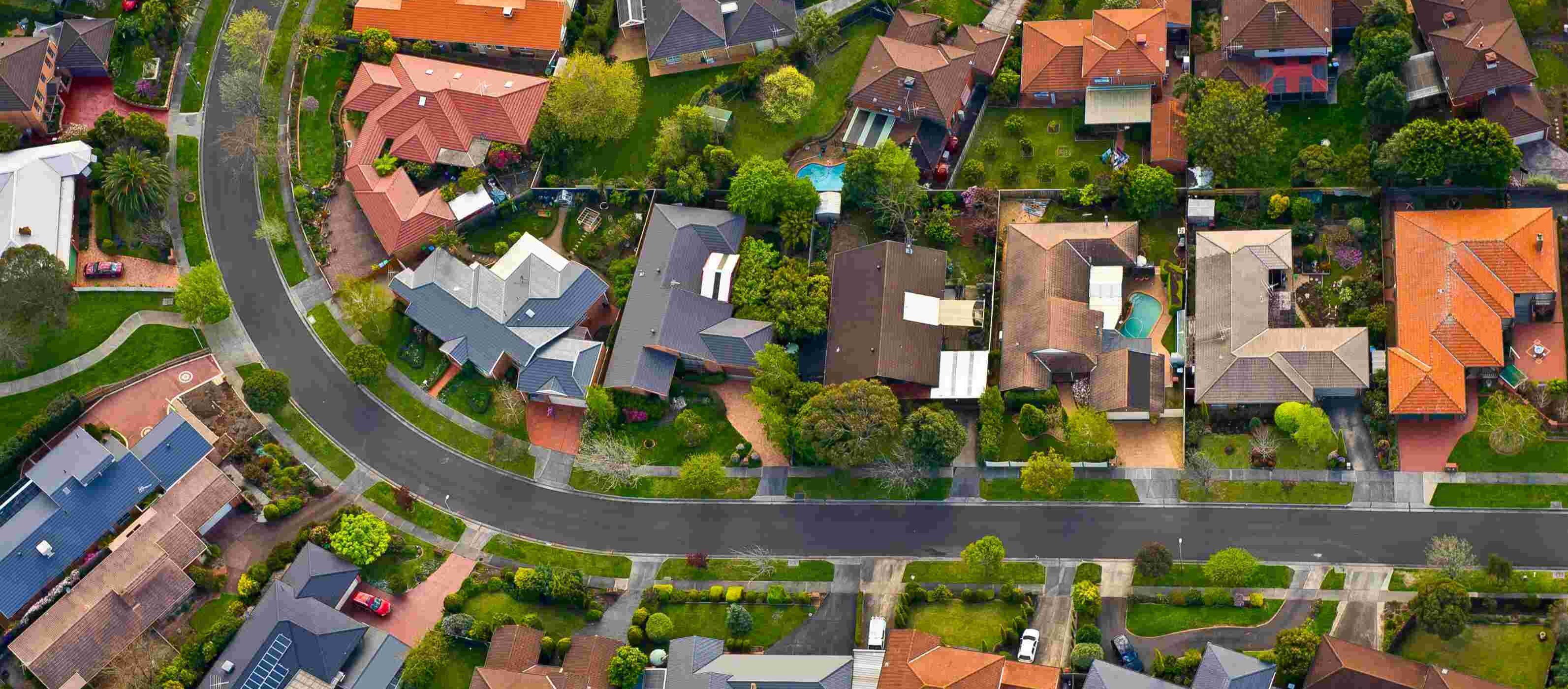


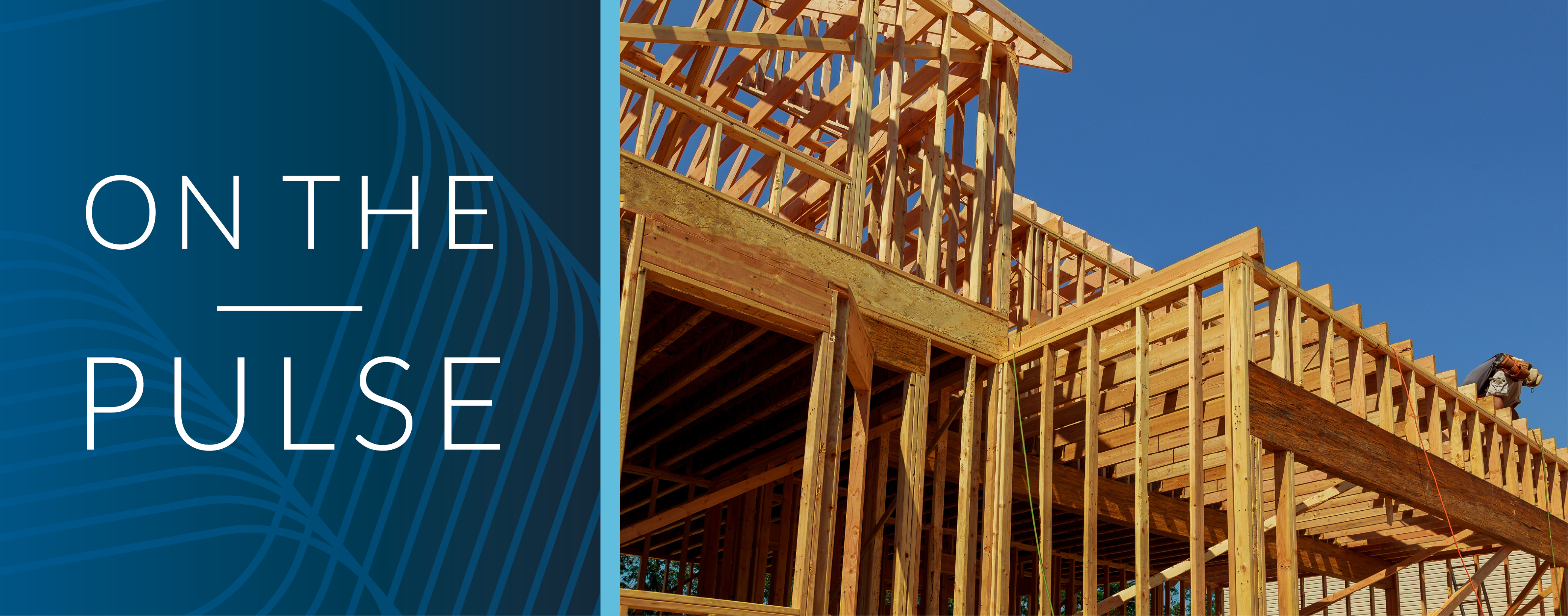
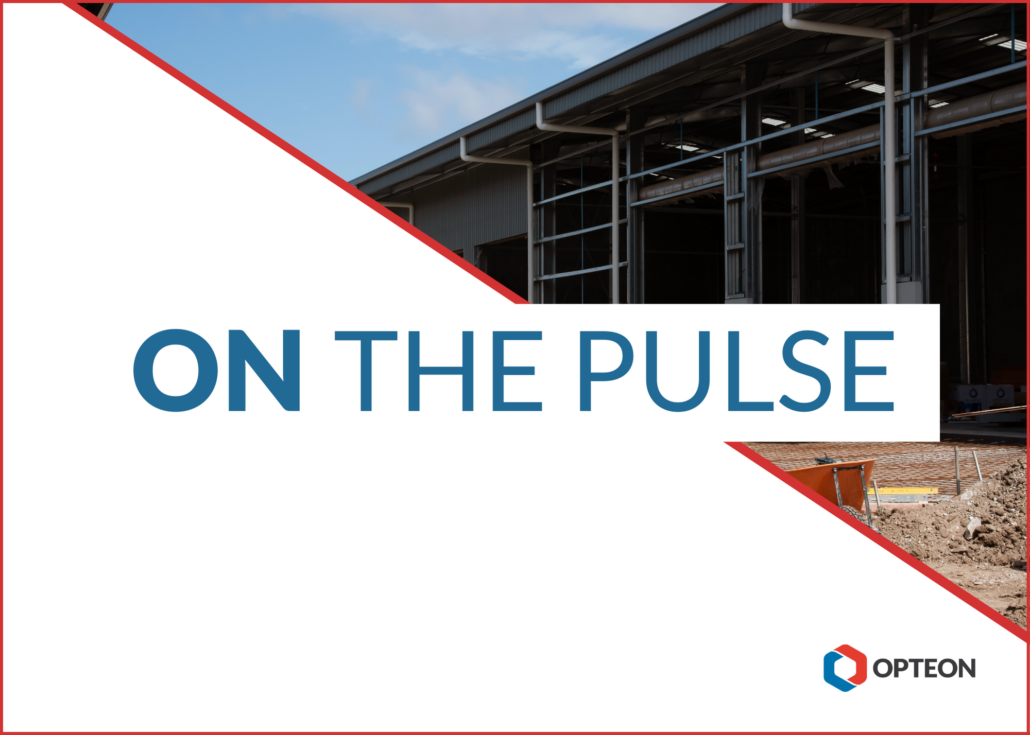
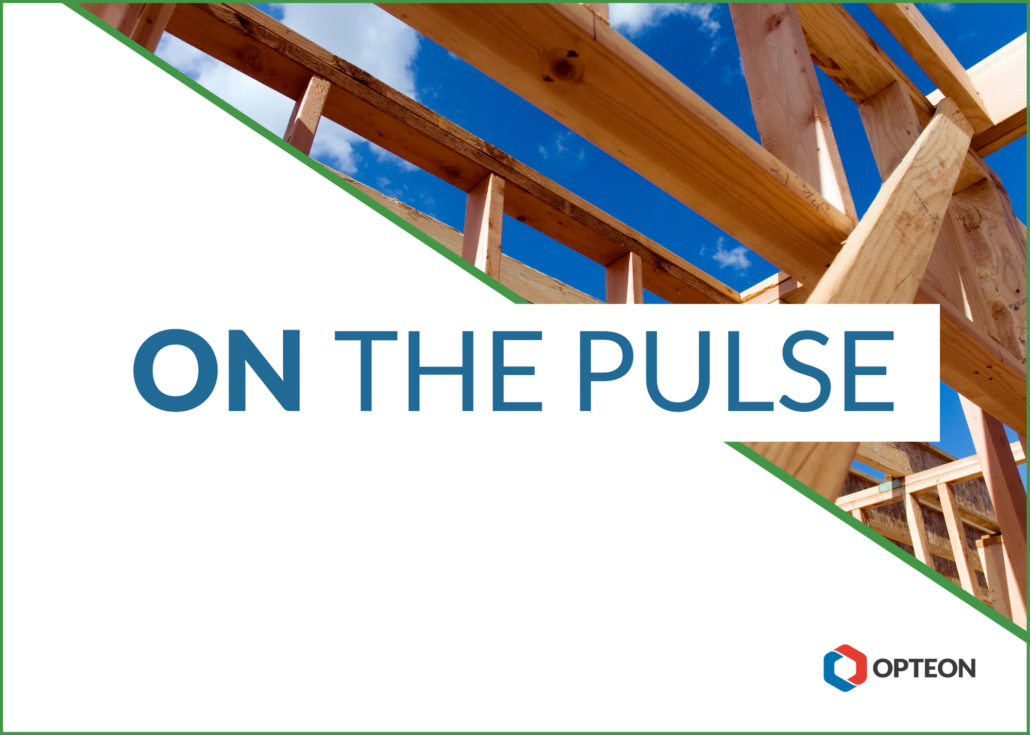
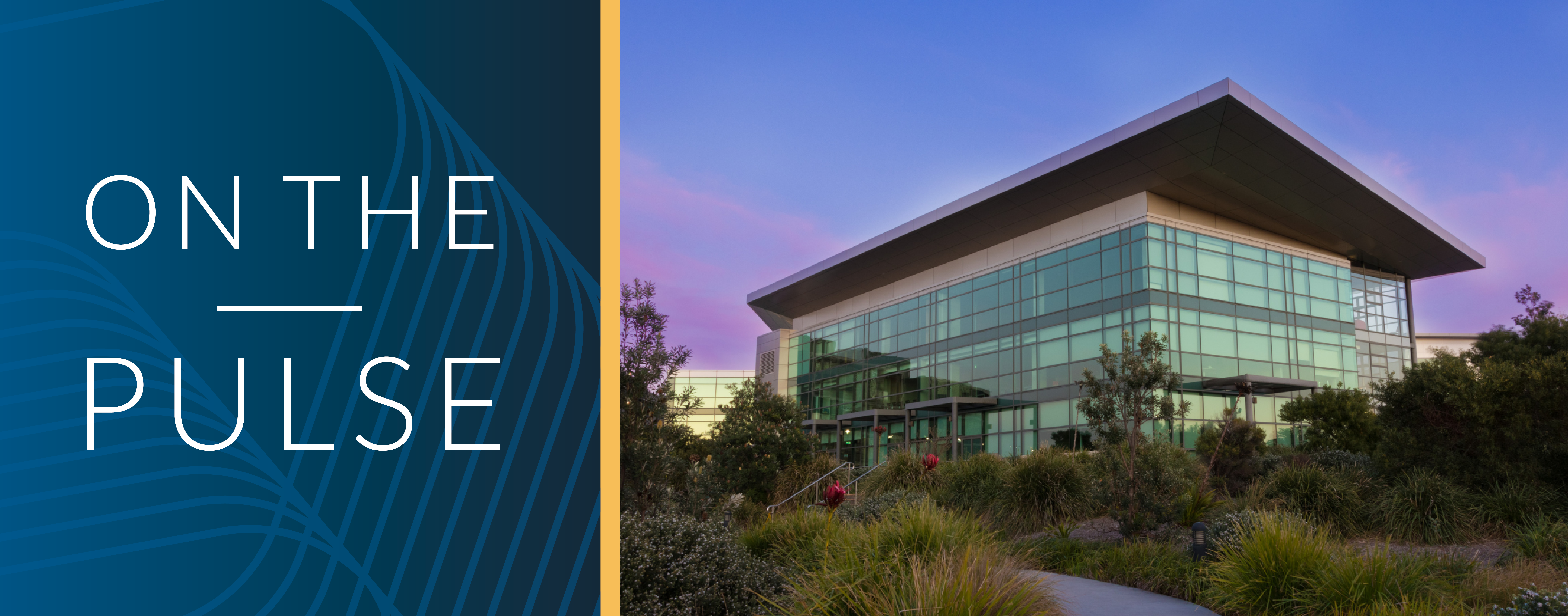
.png)
